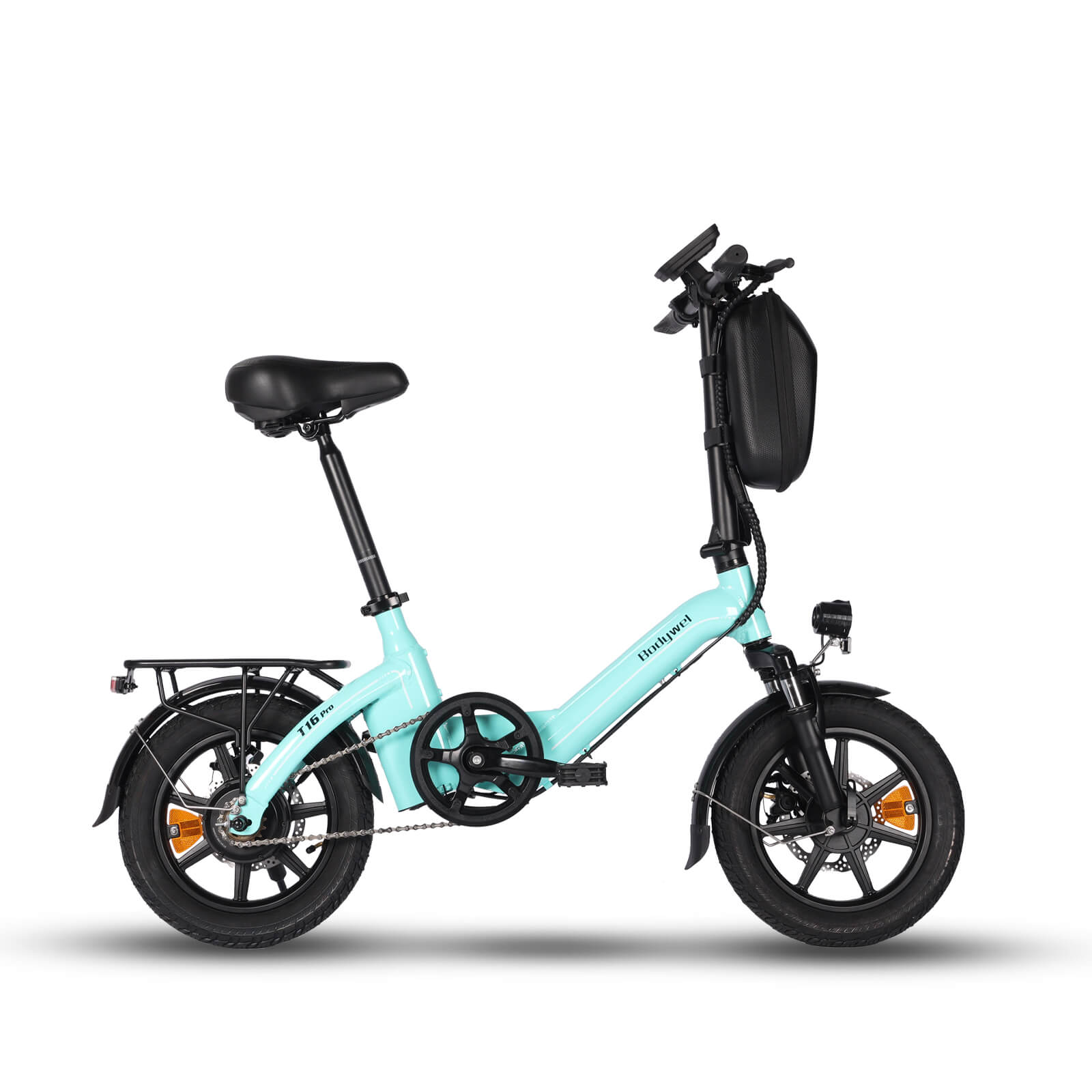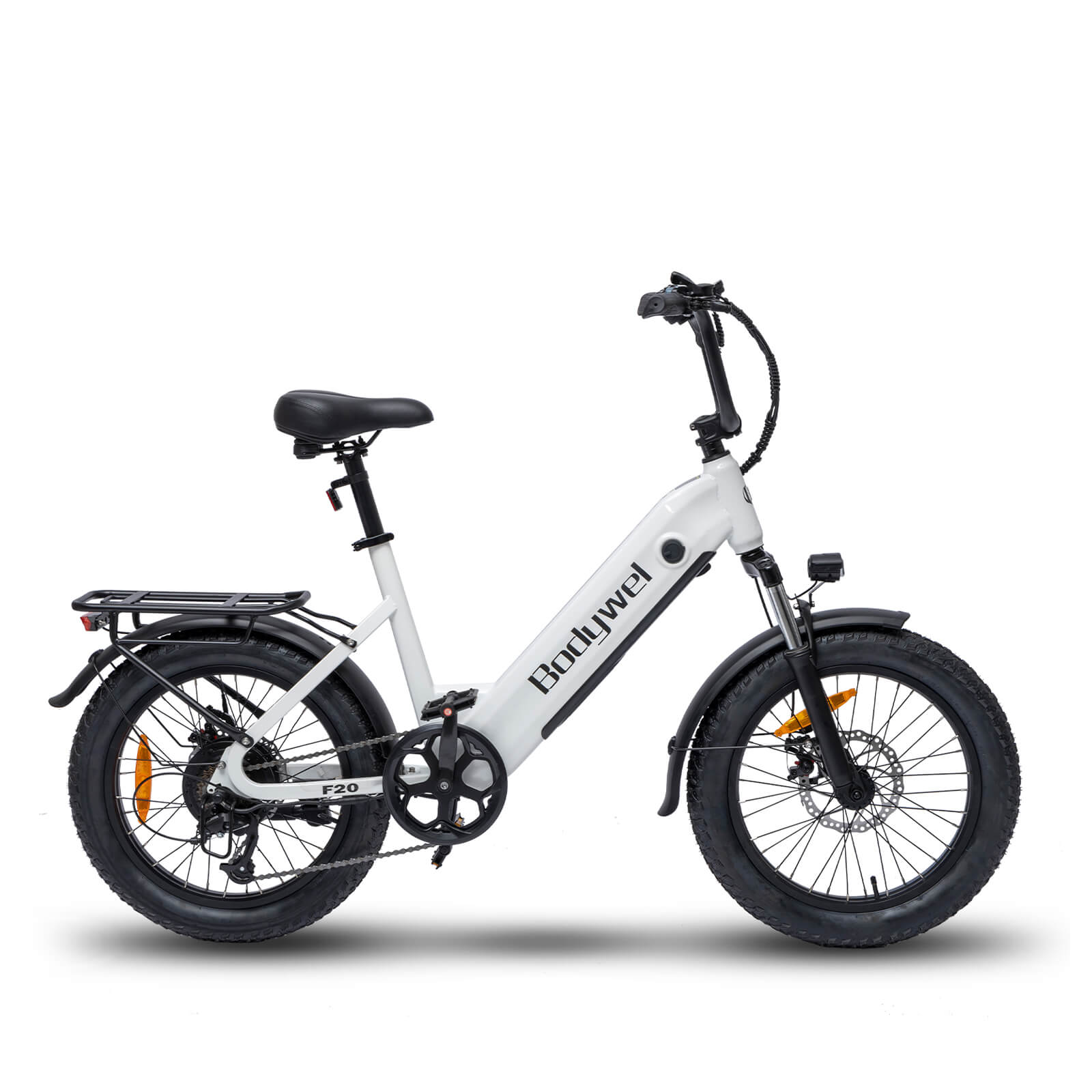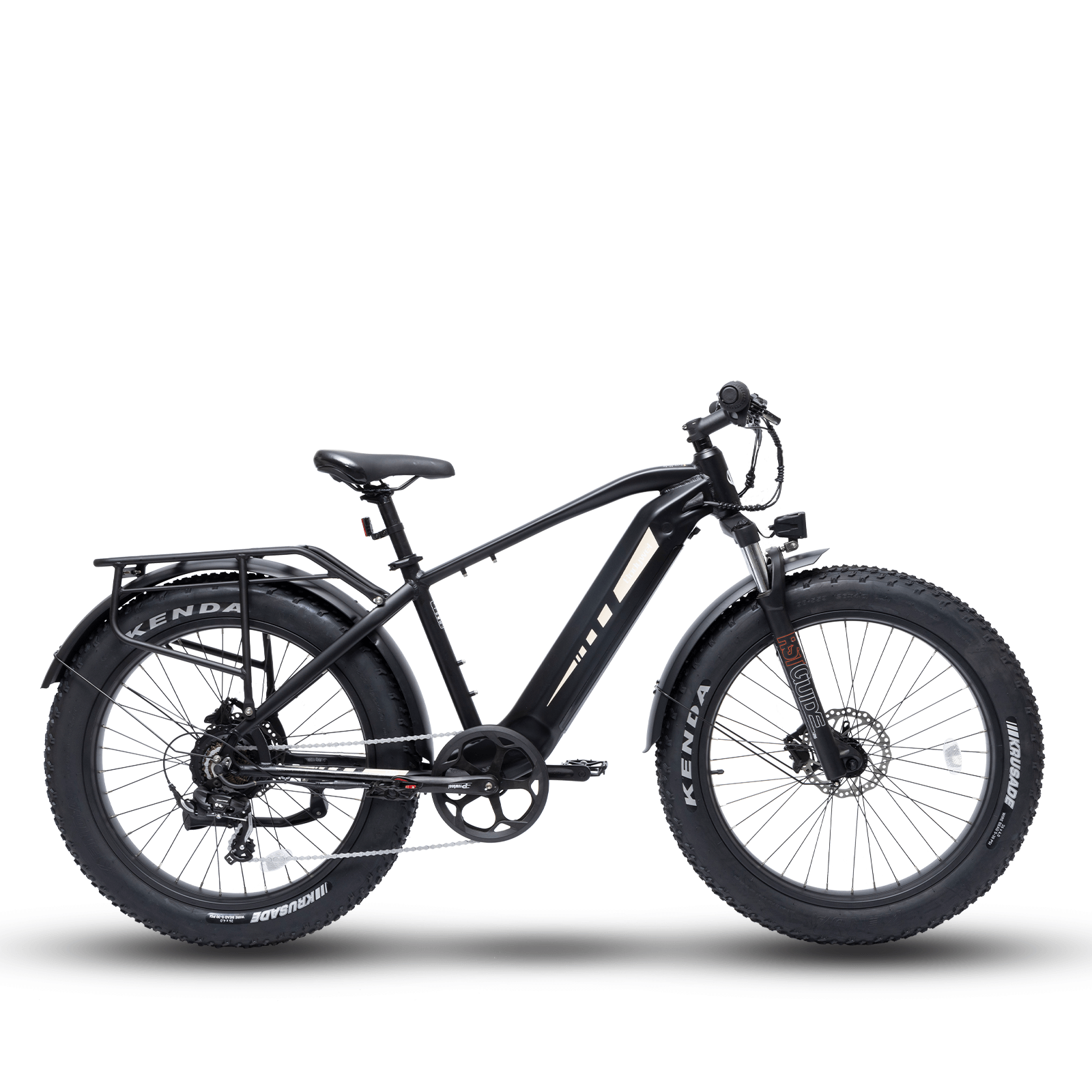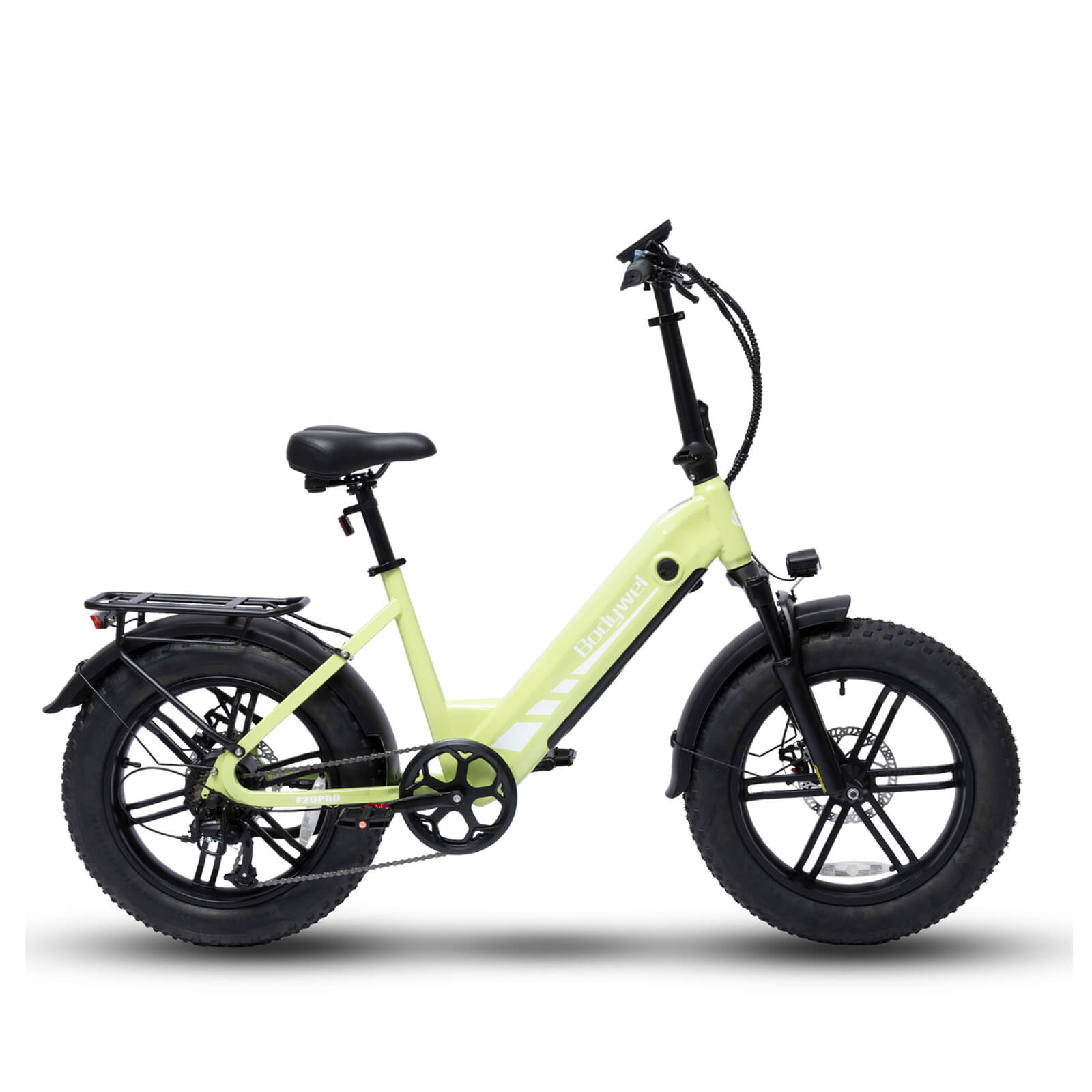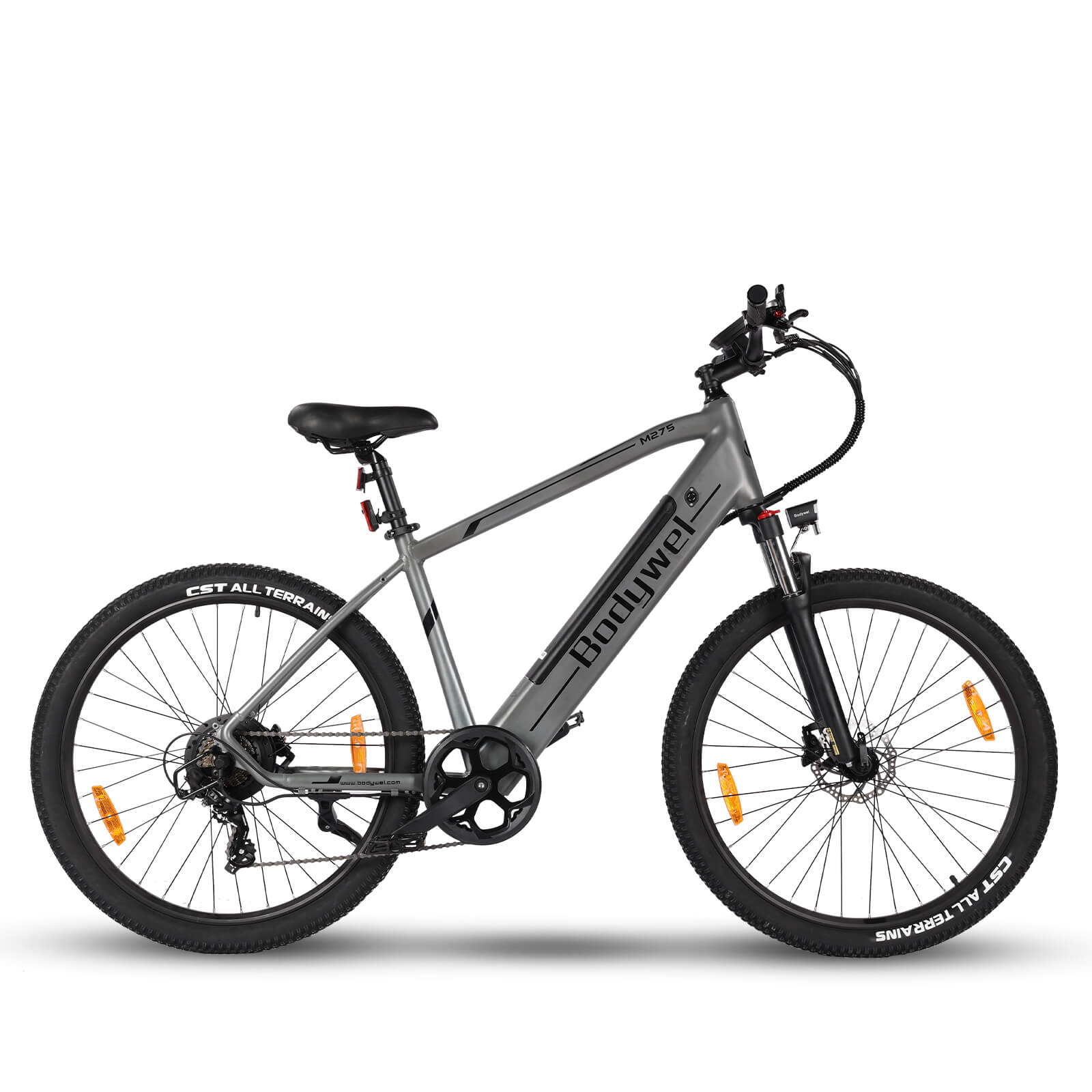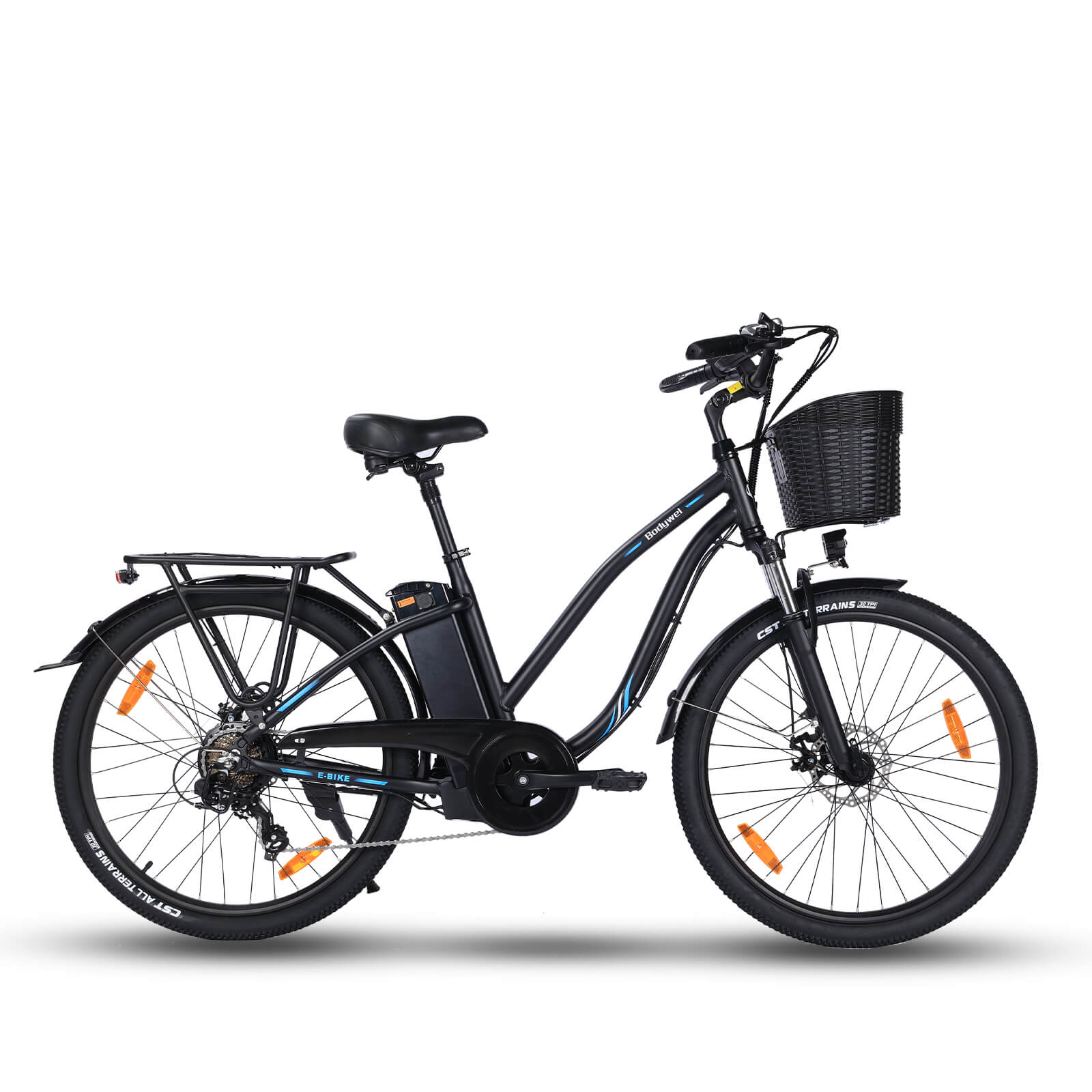5 Game-Changing Benefits of Last-Mile Commute eBikes in 2024

Last-mile commute electric bicycles are transforming urban transportation by bridging the gap between public transit and final destinations. These vehicles offer unparalleled efficiency, cost savings, and environmental benefits for daily commuters. This article explores key advantages that make them indispensable for modern mobility.
- 1. Revolutionizing Urban Mobility: The Rise of Last-Mile Electric Bicycles
- 2. Time Efficiency: Faster Than Walking or Public Transit
- 3. Cost-Effectiveness: Affordable Alternative to Cars
- 4. Eco-Friendly: Reducing Carbon Footprints
- 5. Health Benefits: Active Commuting Made Easy
- 6. Flexibility: Seamless Integration with Public Transport
Revolutionizing Urban Mobility: The Rise of Last-Mile Electric Bicycles
Electric bicycles designed for last-mile commuting are addressing critical gaps in modern transportation. As cities grow denser and traffic congestion worsens, these compact, pedal-assisted vehicles provide a practical solution for short-distance travel between transit hubs and final destinations.
Time Efficiency: Faster Than Walking or Public Transit
Last-mile electric bicycles cut commute times significantly compared to walking or waiting for connecting buses. For example, a 1.5-mile trip that takes 30 minutes on foot can be completed in under 10 minutes. Their ability to bypass traffic and utilize bike lanes makes them ideal for urban commuters seeking reliable schedules.
Cost-Effectiveness: Affordable Alternative to Cars
When compared to car ownership or ride-sharing services, electric commuter bikes offer substantial savings. The average annual cost of maintaining an electric bicycle is considerably lower than a car, factoring in fuel, parking, and maintenance.
Eco-Friendly: Reducing Carbon Footprints
With zero direct emissions, last-mile electric bicycles contribute to cleaner urban air. Replacing a percentage of short car trips with electric bikes could significantly reduce CO₂ emissions annually.
Health Benefits: Active Commuting Made Easy
Unlike traditional bikes, pedal-assist electric bicycles lower physical barriers while still providing moderate exercise. Riders maintain an average heart rate that offers cardiovascular benefits without excessive strain.
Flexibility: Seamless Integration with Public Transport
Folding models and bike-sharing programs enable effortless transitions between trains, buses, and final destinations. Many cities have optimized infrastructure with dedicated parking racks and charging stations at transit hubs.
As urban planners prioritize sustainable mobility, last-mile electric bicycles emerge as a cornerstone of modern transportation networks. Their multifaceted advantages position them as essential tools for today's commuters.
- Tags: eco-friendly commute last-mile commute eBike lightweight eBike short-distance travel urban electric bike
0 comments




